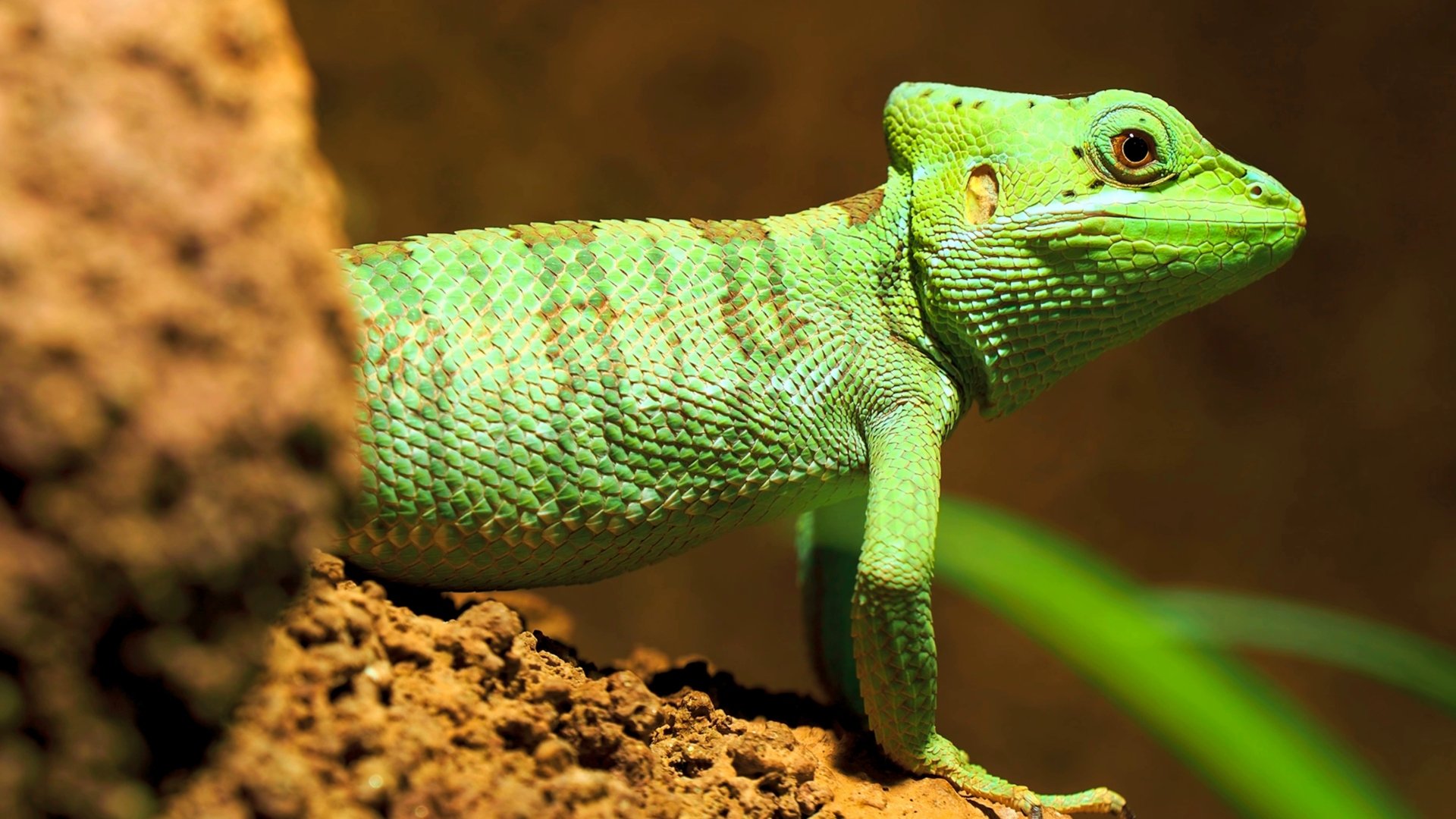
Females of all species are pretty miraculous, and a tiny iguana at a zoo in central England is one of the latest examples. A female casque-headed iguana at Exotic Zoo in Telford gave birth to eight hatchlings without ever being enclosed with a male, resulting in what USA Today called a true “virgin birth,” scientifically known as parthenogenesis.
“This is one of the rarest events in the animal kingdom,” said Scott Adams, owner of the Exotic Zoo, according to the BBC. “When we confirmed the eggs were fertile without any contact with a male, our jaws hit the floor. These babies are essentially mini-mum clones, and seeing them thrive is incredible. For us, it’s a powerful reminder that life finds a way under the most unexpected circumstances.”
The hatchlings emerged over the course of a week in August 2025 and are being cared for in the zoo’s reptile nursery, according to NBC 6. Zookeepers are hopeful the young iguanas will be ready for public display in the coming weeks.
“We were quite surprised when our long-term resident decided to lay some eggs,” Adams added. “We thought, ‘We’ll pop them in the incubator.’ They stayed looking quite white, quite healthy. A couple of months later, we’ve got eight babies running around.”
How is a ‘virgin birth’ possible?
The phenomenon is known as parthenogenesis, which The Week explained occurs when unfertilized eggs naturally develop into embryos, resulting in offspring that are genetic clones of the mother. Though rare, parthenogenesis has been observed in various species. Although it’s more common in plants and invertebrates, it also has been documented in birds, snakes, sharks, fish, and lizards.
Parthenogenesis actually predates sexual reproduction, which evolved to increase genetic diversity and enhance species survival. What still puzzles scientists is why and how parthenogenesis is triggered in some vertebrates under certain conditions.
Last year, a similar case made headlines when a stingray gave birth in captivity without ever being in a tank with a male, as NBC News reported.
“This story gives us an amazing opportunity to talk with our visitors about genetics, evolution, and the challenges that reptiles face in the wild,” Adams shared. “It’s not just exciting — it’s important for science and conservation education, too.”




